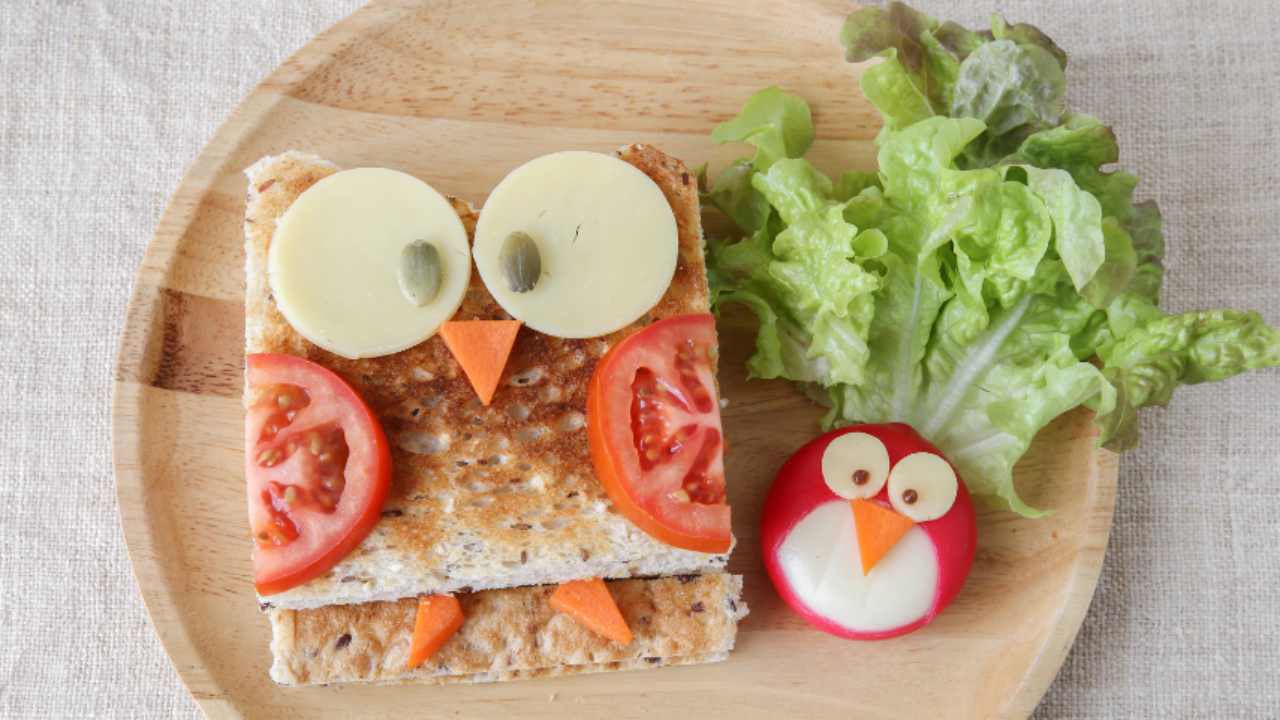Iron, Zinc & Focus: What Parents Need to Know About Nutrients and ADHD/ASD
Jun 20, 2025
If you're parenting a neurodivergent child — whether they’ve been diagnosed with ADHD, Autism, or you’ve just got a fussy eater — you've probably noticed how closely food, focus, and behaviour can be linked.
You’re not imagining it. And it’s not about cutting out sugar or forcing more veggies.
Two of the most important (and often overlooked) nutrients for brain health and development are iron and zinc. And kids with ADHD or ASD are at higher risk of not getting enough of either especially if they’re fussy eaters, avoid meat, or have sensory sensitivities.
Let’s break it down.
🧲 Iron: The Energy and Brain Booster
Iron helps:
-
Carry oxygen through the body
-
Support brain development
-
Keep energy levels up
-
Strengthen the immune system
Kids need more iron than adults — especially during growth spurts. But neurodivergent kids may miss out because they:
-
Avoid meat or iron-rich foods
-
Eat a limited variety of foods
-
Feel anxious or overwhelmed at mealtimes
-
Have tummy issues that affect how well they absorb nutrients
When iron is low, you might notice:
-
Tiredness or low energy
-
Struggling to concentrate
-
Pale skin or dark circles under the eyes
-
Poor appetite
-
More frequent colds or infections
These symptoms can easily be mistaken for “just ADHD” or a busy child — but low iron could be making it harder for their brain and body to keep up.
🧪 Zinc: The Little Mineral with Big Jobs
Zinc might not be the first thing you think of — but it’s quietly working behind the scenes to:
-
Support your child’s growth
-
Help wounds heal
-
Keep their immune system strong
-
Support appetite and taste
-
Help brain cells communicate
It’s also deeply involved in how the brain is built and wired — especially in the early years. Some studies show that children with Autism tend to have lower zinc levels, which may affect how their brain develops and functions (Silva Bezerra do Nascimento & Silva, 2022).
Children who are more likely to be low in zinc include:
-
Fussy eaters with limited variety
-
Kids who eat mostly processed foods
-
Children on vegetarian or vegan diets
-
Kids with gut or absorption issues
Zinc deficiency in children can lead to:
-
Slower growth
-
Weak immune system
-
Lower appetite
-
Increased anxiety or emotional reactivity
📉 And unfortunately, if a child is low in zinc, they’re also less likely to feel hungry or adventurous with new foods — which can keep the fussy eating cycle going.
“Zinc is critical for cell growth, healing, and brain development. It’s one of the most important minerals for young children — and one of the easiest to miss.”
— WHO & Raising Children Network
Why This Matters for Neurodivergent Kids
When you combine fussy eating, sensory overload, restricted diets, and higher nutrient needs — the risk of falling short on key nutrients like iron and zinc goes up.
And the impact isn’t just physical. It can show up as:
-
Increased meltdowns or emotional outbursts
-
Poor focus or attention
-
Sleep difficulties
-
Slower growth or weight gain
-
Lower immunity
It’s not “just picky eating” or “just part of ADHD.” It’s often a combination of nutritional gaps + sensory difficulties + anxiety around food. And without the right support, it can snowball.
⚠️ A Word of Caution About Supplements
If you're starting to wonder whether your child might be low in iron or zinc, you're not alone — and you're asking the right questions.
But here's something really important:
🧪 Please be aware that supplementing these minerals without supervision can be dangerous. Both iron and zinc can be toxic in high amounts, and giving supplements “just in case” can do more harm than good. These nutrients should only be given under medical supervision, after a proper assessment by your child’s healthcare provider or paediatric dietitian.
🧑⚕️ What Support Might Look Like
When it comes to neurodivergent kids and nutrition, there’s no one-size-fits-all approach — and that’s where I come in.
At Diet Physics, I offer:
-
💡 1:1 Parent Consults – to help you understand your child’s nutritional needs and feeding challenges
-
🧃 Feeding Therapy – practical, pressure-free strategies tailored to your child’s sensory needs and appetite
-
🍎 Food School – fun, skills-based learning for kids who need more confidence around food
My goal? To support your child’s brain, body, and relationship with food — without overwhelm or unrealistic expectations.
If this sounds like the kind of help you’ve been looking for, I’d love to support you.
Stay connected with news and updates!
Get expert tips, practical resources, and supportive advice for everything from fussy eating and ARFID to building a healthy relationship with food, managing weight, and fuelling your body with confidence. Subscribe now to get exclusive content delivered straight to your inbox.
We hate SPAM. We will never sell your information, for any reason.

